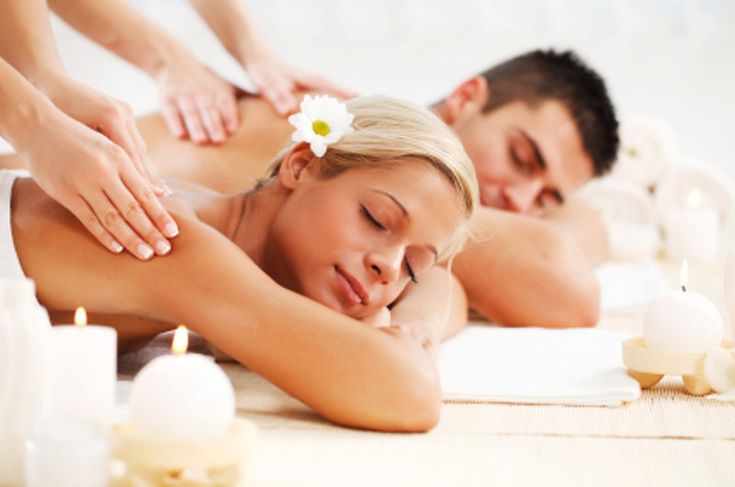Introduction
The rigors of business travel can take a toll on both the body and mind. Long hours in transit, adjusting to different time zones, and the pressure to perform can lead to stress, fatigue, and physical discomfort. In recent years, massage therapy has emerged as a popular solution for alleviating these issues, offering 출장마사지 travelers a way to unwind and recharge. But what is it about massage therapy that makes it so effective? This article delves into the science behind massage therapy and its benefits for business travelers.

The Impact of Travel on the Body
Traveling, especially long-haul flights, can have a profound impact on the body. Prolonged sitting can lead to muscle stiffness, poor circulation, and even deep vein thrombosis (DVT). The body’s circadian rhythms are often disrupted due to crossing multiple time zones, resulting in jet lag, which affects sleep patterns, mood, and cognitive function. The stress of navigating unfamiliar environments and meeting tight deadlines further exacerbates these physical challenges.
The Physiological Benefits of Massage Therapy
Massage therapy is more than just a relaxing experience; it has a range of physiological benefits that address the specific challenges faced by business travelers. One of the primary benefits is the reduction of cortisol, the body’s stress hormone. Elevated cortisol levels are associated with anxiety, high blood pressure, and a weakened immune system. Massage therapy has been shown to lower cortisol levels, helping to reduce stress and its associated symptoms.
Another key benefit of massage therapy is improved circulation. Poor circulation, often caused by prolonged sitting during travel, can lead to swelling in the legs and feet, as well as fatigue. Massage therapy stimulates blood flow, which helps to oxygenate muscles, remove toxins, and reduce swelling.
Massage also helps in releasing endorphins, the body’s natural painkillers. This can be particularly beneficial for travelers experiencing muscle pain or tension due to long flights or carrying heavy luggage. Endorphins not only help in pain management but also promote a sense of well-being and relaxation.
Massage Therapy Techniques Most Beneficial for Travelers
Different massage techniques offer different benefits, and business travelers can choose the one that best suits their needs.
Swedish Massage: This is the most common type of massage, focusing on relaxation and tension relief through long, flowing strokes. It’s ideal for reducing stress and improving circulation.
Deep Tissue Massage: This technique targets the deeper layers of muscle tissue, making it effective for relieving chronic muscle tension and stiffness caused by long periods of sitting.
Reflexology: This involves applying pressure to specific points on the feet, hands, or ears that correspond to different organs and systems in the body. Reflexology can help alleviate stress and promote overall relaxation.
Sports Massage: For active travelers, a sports massage can help prevent injuries and relieve muscle soreness. It involves a combination of deep tissue techniques and stretching.
Chair Massage: A quick and convenient option, chair massage focuses on the back, shoulders, and neck, areas commonly affected by travel. It’s a great option for those with limited time.
Scientific Studies Supporting Massage for Business Travelers
The effectiveness of massage therapy for business travelers is backed by numerous scientific studies. For example, a study published in the International Journal of Neuroscience found that massage therapy reduced anxiety and improved alertness and mood in participants. Another study published in the Journal of Alternative and Complementary Medicine found that massage therapy significantly improved sleep quality in individuals suffering from insomnia, a common issue for travelers.
Furthermore, research from the Touch Research Institute at the University of Miami School of Medicine demonstrated that massage therapy can enhance immune function by increasing the activity of natural killer cells, which help the body fight off infections. This is particularly important for travelers who are often exposed to different environments and pathogens.
Conclusion
The science behind massage therapy reveals why it is such an effective tool for business travelers. By addressing the physiological effects of travel, such as stress, poor circulation, and muscle tension, massage therapy helps travelers stay healthy, relaxed, and productive. Whether it’s a quick chair massage at the airport or a full-body treatment at the hotel, incorporating massage into your travel routine can make a significant difference in how you feel and perform during your business trip.
